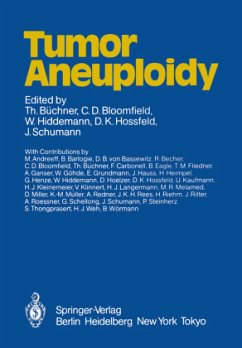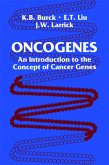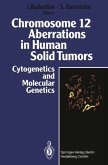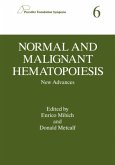Chromosome abnormalities of cancer cells have been recognized for a long time, and have generally proven to be a highly specific marker ofmalignancy. The contri butions collected in this book, "Tumor Aneuploidy", cover several major aspects of present knowledge conceming the occurrence and clinical significance of chromo some abnormalities as delineated by karyotype analyses or measurements of the cellular DNA content. Certain non-random clonal chromosome losses, deletions and translocations ap pear to represent primary genetic lesions of malignancies and reflect their clonal origin. Secondary intraneoplastic genetic evolution is suggested by major clonal ab normalities of chromosome number and cellular DNA content. Both types of ge netic changes have been reaching great relevance in cancer medicine, today. Although the Philadelphia chromosome was first discovered in chronic myelo cytic leukemia (CML), by Nowell and Hungerford in 1960, new banding techniques developed in the 1970's were needed to identity this abnormality as a translocation between chromosomes 9 and 22 (t(9; 22)). Soon thereafter, further non-random translocations were detected and attributed to special diseases like t(8; 21) and t(15; 17) to acute myeloid leukemias (AML) and t(9; 22), t(4; 11), t(8; 14) to acute lymphoblastic leukemia (ALL).








